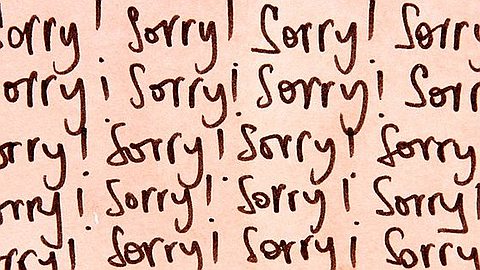Why Fear Motivates More Than Opportunity

Personally, I'm a big proponent of focusing on opportunities rather than problems. For me, at least, problems are depressing while opportunities are exciting. Even so, I'm under no delusion that everybody thinks that way.
Quite the contrary. In most cases, customers are far more motivated by problems and the pain those problems might cause--rather than opportunities and the pleasure those opportunities might create.
Sad to say, most human beings are usually more motivated to avoid pain than to seek out pleasure. Because of this, most people--especially in business--tend to look at the world through "problem-colored" glasses.
No matter how enthusiastic you are about the upside of buying your offering, most of your customers will be far more motivated by contemplating the downside of NOT buying your offering.
According to high tech guru Geoffrey Moore, one of the best ways to motivate a B2B customer to buy is to identify something that absolutely terrifies them. You then explain the full horror of that terrifying thing and hold out your offering as the one, last hope to avoid the excruciating pain.
Moore recommends not just playing to customers' existing fears but also creating fear of things that the customer isn't yet worried about. The way he sees it, the more nameless and horrifying the fear (like the collapse of the entire banking industry), the more likely the customer is to buy.
I don't know whether that's true or not. Personally, I suspect that if you scare a customer too much, you could end up with a deer-in-the-headlights reaction that blocks the sale. Even so, it's hard to argue with the old sales adage to "sell what keeps them awake at night."
That being said, I think it's prudent to have more than one approach, because while most customers are problem-focused, some of them (like me and maybe you) tend to laugh problems off rather than obsess on them.





